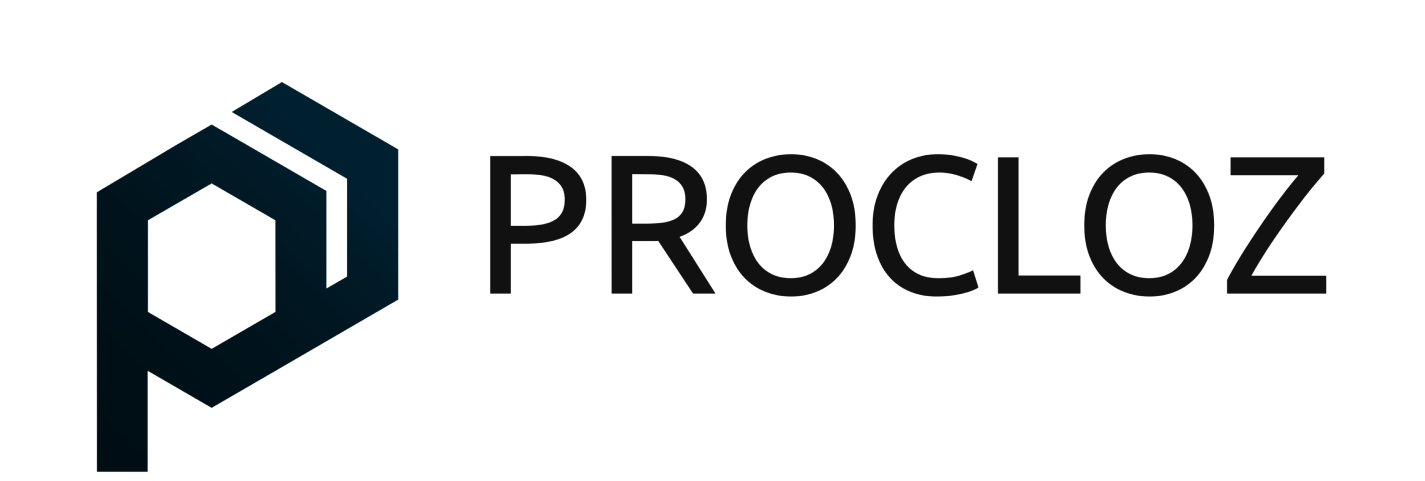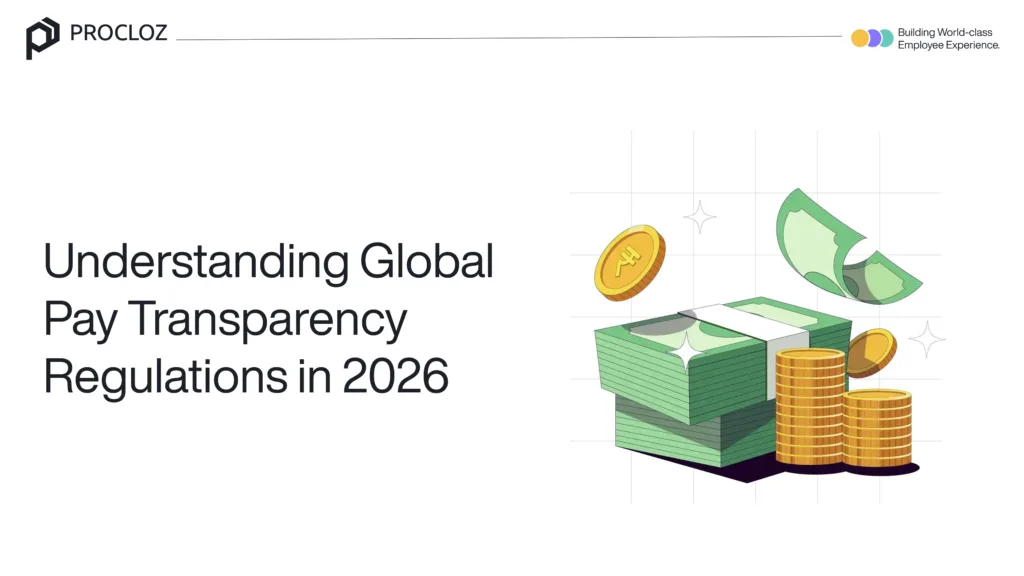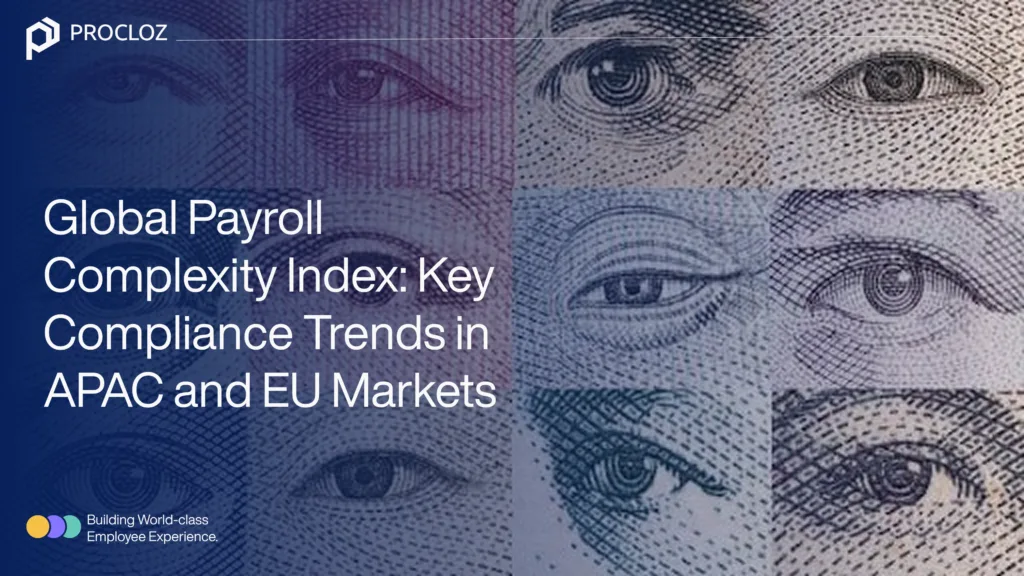After nearly two years of scrutiny and public discussion, Fair Pay Agreements (FPAs) are back in New Zealand’s employment framework: redesigned for the digital age, with greater oversight through a beefed-up role for the Ministry of Business, Innovation and Employment (MBIE).
The 2025 relaunch is a total shift in wage equity and extended consultation across sectors previously left to market whims.
This is why, in this blog post, we have gathered the changes, their impacts, and the steps employers need to take concerning the fair pay agreement.
What Has Changed Under the Fair Pay Agreements in 2025?
Under the new system, sector-wide minimum pay and conditions are set by unions, employer groups, and government mediators.
More than 340,000 workers in the first twelve industries are currently covered by approved FPAs, across sectors such as hospitality and aged care to cleaning and retail.
The move is intended to help put an end to long-term wage differentials, anchoring pay floors, and establishing common conditions for the workforce in industries with fragmented workers.
How will Fair Pay Agreements Impact Wage Planning?
The government’s ambitious vision of a NZD $27.50 minimum wage by 2027 has left businesses needing to either reassess payroll structures and forecasting models.
Under the Fair Pay Agreement scheme, basic wages in every sector have to be adjusted to meet the new national goal over time, with HR having to build annual labour-cost models that (cumulatively) span many years.
Employers are reacting by incorporating digital applications for pay band mapping and compliance tracking, especially where payroll in New Zealand intersects with global finance systems.
What’s Changing Under the Holidays Act 2025?
In addition to the revival of the Fair Pay Agreement, the Holidays Act reform eases leave calculations that previously provided headaches for both employees and payroll intermediaries.
The new model standardizes calculations of “average weekly earnings” and applies refreshed criteria to entitlements for variable-hour employees, to correct what MBIE has estimated was a mistake in 89 per cent of leave calculations under the previous law (MBIE Update, 2025).
All within a single system, leave data, overtime rates, and FPA pay rates are now being synchronized for the first time.
Why Does Te Reo Māori Matter in Employment Contracts?
A further significant shift is the imposition of Te Reo Māori language requirements in employment contracts for employees working across those sectors, with a high proportion of New Zealanders who are mandated to work bilingually, including health and education.
MBIE’s guidance advises that supplying contract templates in Te Reo is not only a gesture of culture, but will be for some industries a(n) legal obligation in 2025.
It also brings the employment framework into line with Aotearoa’s obligations under Te Tiriti o Waitangi and supports greater inclusion in formal labor relations.
How Are Unions and Employers Navigating the New Rules?
The new union consultation standards included in the revised Fair Pay Agreement model will require non-unionized workplaces to join industry-level consultation rounds.
The new digital MBIE portals allow employers to make counter-proposals so bargaining is transparent and traceable.
This electronic process has greatly reduced paper-based disputes and is backed by MBIE’s automated validation checks on compliance with pay rates.
What’s New in Compliance Monitoring?
The most notable change in 2025 is the creation of digital enforcement tools’ instantaneous application.
MBIE’s Compliance and Regulatory System Division now has a single platform for matching FPA pay data against tax and payroll data. When variation is detected, an automated alert is generated, sometimes even before causing an inspection to be conducted (Beehive Announcement, 2025).
For employers, that means compliance is no longer a quarterly audit; it’s continuous and visible.
What Employers Should Do Now
What Employers Should Do Now
The 2025 overhaul has fundamentally reshaped the way New Zealand businesses will need to think about pay, leave, and consultation.
Forward-thinking organizations are already:
- Auditing where sector pay fits within these, to ensure that the current pay structures are meeting the new FPA levels.
- Automate leave and payroll to align in real time with Holidays Act & FPA rules
- Educating HR teams on contractual obligations in Te Reo Māori and digital bargaining submissions.
- Utilizing payroll professionals from global payroll services to fit New Zealand compliance with a worldwide system.
How Procloz Helps Businesses Adapt
Procloz can help employers with this transition by providing:
- Non-compliance in the field of complex registration and wage standard obligations and employer of record services.
- Customizable compliance dashboards specifically for New Zealand’s FPA, Holidays Act, and pay-equity regulations.
- Automated alerts and reporting for continuous visibility into payroll layers.
As the Fair Pay Agreement scheme transforms wage dynamics, Procloz delivers precision, transparency, and trust, so employers can focus on expansion while compliance takes care of itself.
Ready to Build Confidence in New Fair Pay Agreements?
The labor market in New Zealand is now at the crossroads of fairness and responsibility as 2025 dawns. The FPA model has created an expectation that all employers, regardless of size, need to pay fairly, report accurately, and respect collective voice.
Procloz enables companies to achieve these standards through technology, insight, and human expertise, translating complex regulation into a predictable, compliant payroll result.




